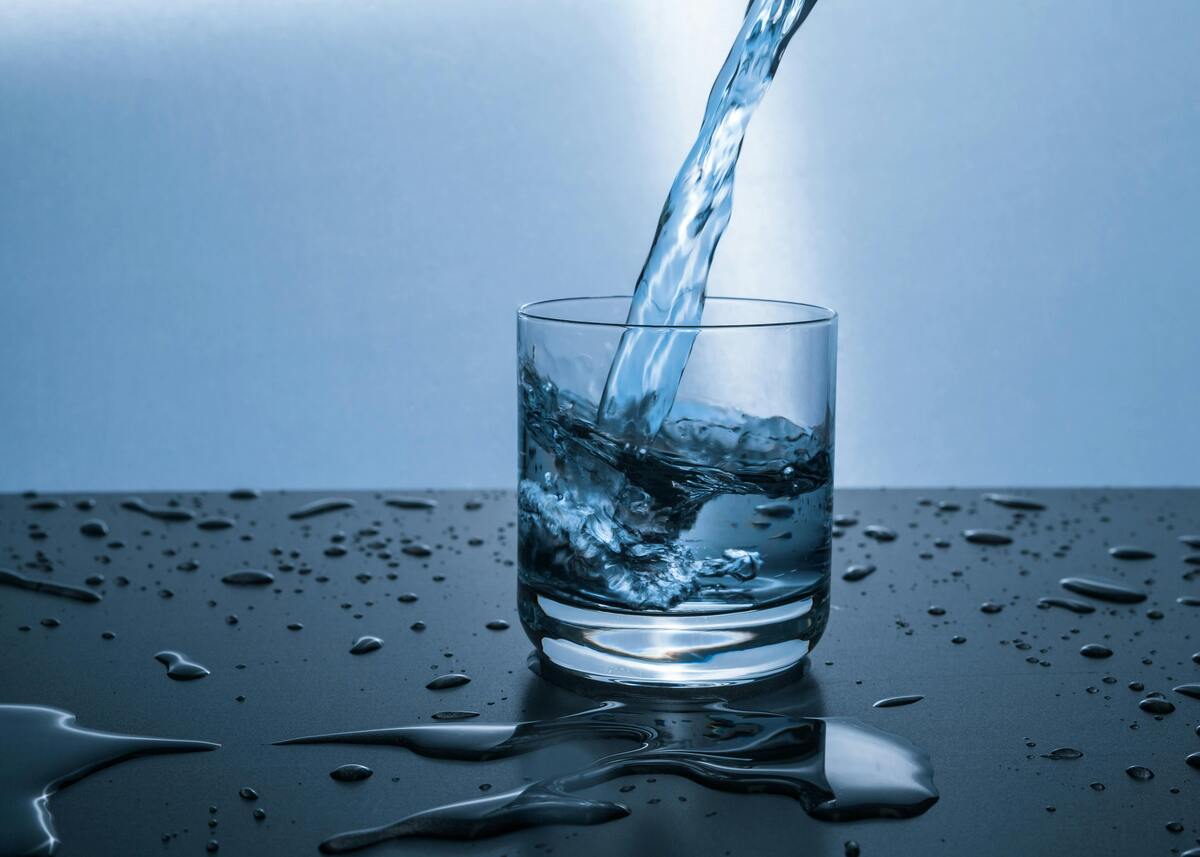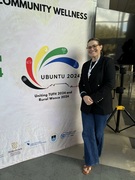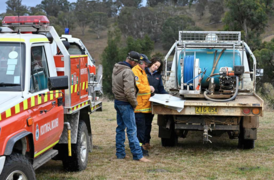Remember to drink water, it can save your life
Lily Plass
22 January 2025, 6:40 AM

Dehydration can sneak up on you says medical doctor and St Johns Ambulance volunteer Dr Christian Kunde as a heatwave continues to sweep across the Western Plains area.
The Bureau of Meteorology (BoM) issued a heatwave warning for 21 to 24 January for NSW with a severe heatwave predicted for the Northern Rivers, Northern Tablelands, North West Slopes and Plains District.
Maximum temperatures ranging from the high thirties up to the low forties are being experienced across the western plains starting from today, 22 January.
"In Western NSW temperatures are going to be extremely high for the bulk of the week and that's when heat-related illnesses such as heat stroke or heat exhaustion are more likely to affect us, particularly children, elderly, and people with chronic diseases," Dr Kunde said
"Patients often come in the mid to late afternoon or evening well after the damage is done," Dr Kunde said.
Tips to keep safe
He cautioned to remain in the shade whenever possible, especially between 10:30am and 3:30pm.
"Obviously, we have a lot of people that work outside on the land in our region. For those that can't avoid those dangers, we have to make sure they're taking the extra precautions, such as increasing fluid intake and wearing protective clothing."
Heat stroke and heat exhaustion have similar symptoms such as feeling exhausted, weak, fatigued, faint, or dizzy but when a person suffers from heat stroke the symptoms are more severe and the effects can be deadly.

St Johns Volunteer Dr Christian Kunde cautioned people to take hydration seriously as temperatures soar. Photo: supplied.
Heat stroke has a mortality rate of 50 percent and can be even more lethal in the country because of the longer distances to the next healthcare facility.
"We are further from intensive and critical care.
"Heat stroke, even though it's used in common parlance if it's an everyday thing is a medical emergency and if it's not managed quite quickly, then people can die."
If you suspect someone is having a heat stroke call 000 immediately, immerse the person in cold water or pool when possible, apply a cold pack to the neck, armpits, and groin to accelerate cooling, and cover the person with a wet sheet until their skin is cold to the touch.
When temperatures above 32 degrees Celsius last for several days, heat-related illnesses are more likely to occur, Dr Kunde said.
"Thirty-two degrees can seem quite low to a lot of people but the effect of dehydration across multiple days compounds."
The doctor recommended that healthy adults drink a baseline of two litres of water per day and increase the amount according to their needs during a heatwave.
Liquids such as coffee, tea, and alcohol should be avoided because they dehydrate the body further and contribute to heat stroke or exhaustion.
"Aim to keep your living space cool by checking the room temperature first thing in the morning, at lunchtime, and before bed - making sure it's below 32 degrees during the day and 24 degrees during the night," Dr Kunde said.
"I would encourage anyone who has issues accessing cool spaces to make sure they head to their local library or a licensed club."
NEWS
SERVICES & SUPPLIES
EAT DRINK STAY



